Bee Aware
Imagine a world without strawberries, apples, nuts, kiwifruit, coffee or chocolate! That’s what would happen if it wasn’t for the mini heroes that produce the quality ingredients that go into most, if not all, of Living Nature’s products. This month Living Nature is asking you to 'bee' aware of our little yellow friends and plant bee-friendly flowers which produce food for them.
Bees cannot survive without the help of humans, and we cannot survive without the help of bees. The NZ bee population is known to be one of the strongest in the world thanks to preservation, and currently there are 28 native and 13 introduced species of bee. They all feed on nectar and pollen and play an important role in pollinating plants - a significant proportion of our local produce is directly attributed to bee pollination, without which our major agri-export industry would suffer and almost 2/3 of our food production would be impacted! As Albert Einstein once said, “If the bee disappeared off the face of the earth, man would only have four years left to live".
Bees around the world are being critically threatened by Varroa, pesticides, and loss of habitat. In order to help them, we encourage you to plant bee-friendly flowers, eat organically, and buy eco-friendly products that minimise environmental impact.
Some examples of bee friendly plants: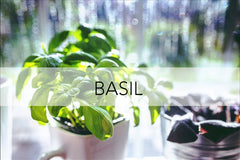
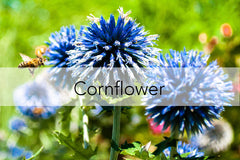
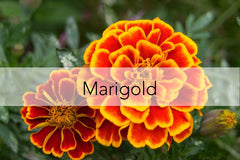
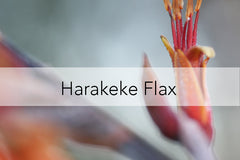
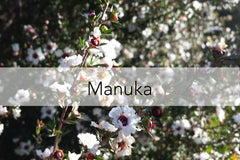
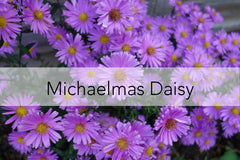
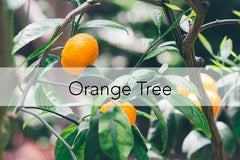
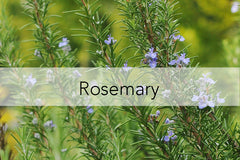
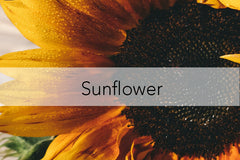
Living Nature sources Manuka honey from beekeepers in our local Far North region of New Zealand. This uniquely beneficial ingredient, created from the nectar of New Zealand's native Manuka flowers, is 'wild crafted' and harvested using industry best-practice methods which are strictly animal cruelty-free.
Manuka honey is rich in nutrients, vitamins, amino acids and minerals to feed, protect and renew skin. It also functions as a humectant, drawing in and retaining moisture. Its unique 'Manuka factors' assists in making it one of the most biologically active and beneficial honeys for the skin.
This potent ingredient provides hydrating, moisturising, and nourishing benefits in many of Living Nature's bioactive skincare products and award-winning cosmetics. Manuka honey is particularly good as a wound healer, especially for acne because of its anti-bacterial, anti-inflammatory and anti-oxidant properties, helping your skin to heal, soothe and fight free radical damage.
From the beeswax in our lipsticks to the Manuka honey in our skincare products to the bee venom in our Bee Venom Masks, we are grateful to be based in New Zealand alongside our stripy friends that we love.
🐝 Bee happy
🐝 Bee natural
🐝 Bee yourself
Please read more about how we can all help our NZ bees!


1 comment
Wow. That was powerful. I didn’t realise all that, I am glad I read it and will take more action.
